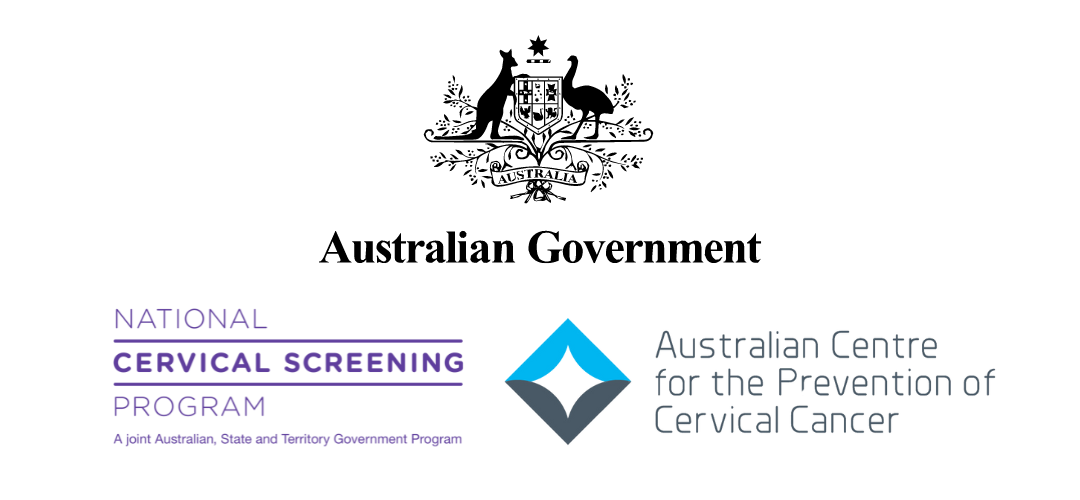Highlight news

A nationwide campaign promoting HPV self-collection in cervical screening will be released in September and is likely to increase patient demand. Are YOU ready?
The Australian Government Department of Health and Aged Care has funded the ACPCC to undertake a healthcare provider education campaign in anticipation of the patient-facing campaign.
You can attend a webinar or complete these online modules to get up to speed.
Free Webinars:
The Get the Facts: What you and your patients need to know about HPV self-collection webinar equips GPs with the tools to support patients to make an informed choice about how they screen, and help engage those who are reluctant. The webinars address management of abnormal self-collection results and provide information on upcoming changes to the National Cervical Screening Program (NCSP) clinical guidelines, to guarantee healthcare providers have the latest information. Using case-studies and Q&A, the webinars will include practical tips to ensure practices are on track to eliminate cervical cancer in Australia.
The webinars are accredited with ACRRM (1hr). Two webinar dates are available – the 11th and 19th of June. Register today!
Free Online Education Modules:
The Cervical Screening, HPV and Self-Collection: Clinical Education Course, developed by the ACPCC and hosted on the GPEx website, aims to expand your knowledge and skills to offer HPV self-collection to eligible patients and increase screening participation rates.
The course provides GPs and nurses with in-depth, evidence-based information about HPV and the natural progression of cervical cancer. It covers NCSP guidelines, the screening pathway, and contains comprehensive case studies for various under-screened priority populations.
Upon completion, participants will be able to confidently offer self-collection to patients of various backgrounds and provide appropriate follow-up based on best practice guidelines.
Now featuring a mini audit, this course is accredited for 4 Educational Activity, 5 Measuring Outcomes, and 3 Reviewing Performance hours.
All news

A nationwide campaign promoting HPV self-collection in cervical screening will be released in September and is likely to increase patient demand. Are YOU ready?
The Australian Government Department of Health and Aged Care has funded the ACPCC to undertake a healthcare provider education campaign in anticipation of the patient-facing campaign.
You can attend a webinar or complete these online modules to get up to speed.
Free Webinars:
The Get the Facts: What you and your patients need to know about HPV self-collection webinar equips GPs with the tools to support patients to make an informed choice about how they screen, and help engage those who are reluctant. The webinars address management of abnormal self-collection results and provide information on upcoming changes to the National Cervical Screening Program (NCSP) clinical guidelines, to guarantee healthcare providers have the latest information. Using case-studies and Q&A, the webinars will include practical tips to ensure practices are on track to eliminate cervical cancer in Australia.
The webinars are accredited with ACRRM (1hr). Two webinar dates are available – the 11th and 19th of June. Register today!
Free Online Education Modules:
The Cervical Screening, HPV and Self-Collection: Clinical Education Course, developed by the ACPCC and hosted on the GPEx website, aims to expand your knowledge and skills to offer HPV self-collection to eligible patients and increase screening participation rates.
The course provides GPs and nurses with in-depth, evidence-based information about HPV and the natural progression of cervical cancer. It covers NCSP guidelines, the screening pathway, and contains comprehensive case studies for various under-screened priority populations.
Upon completion, participants will be able to confidently offer self-collection to patients of various backgrounds and provide appropriate follow-up based on best practice guidelines.
Now featuring a mini audit, this course is accredited for 4 Educational Activity, 5 Measuring Outcomes, and 3 Reviewing Performance hours.

